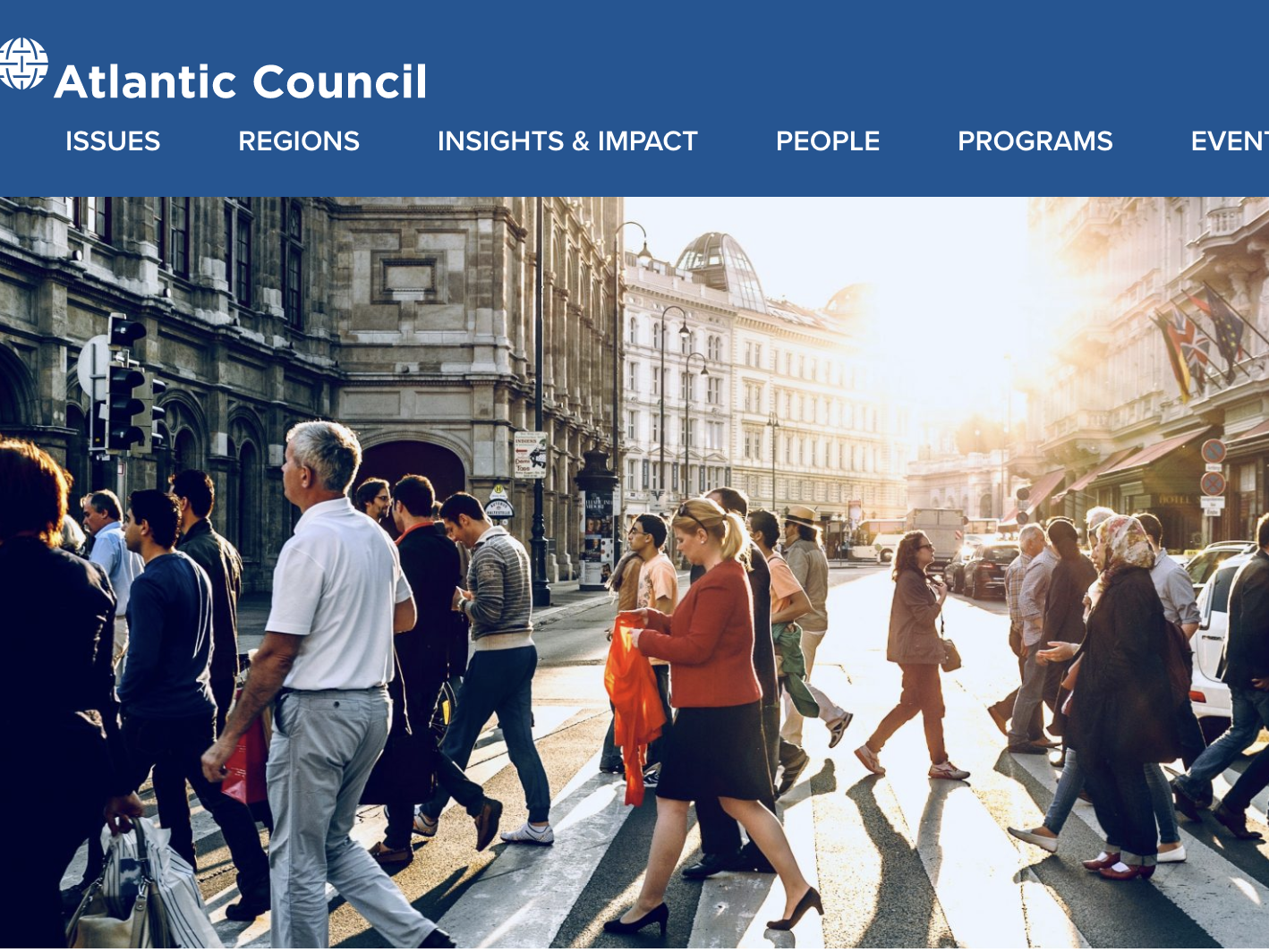From Biometricupdate.com
https://www.biometricupdate.com/202108/byzantine-to-inclusive-status-update-on-uk-digital-id
The good, the bad and the puzzling elements of the UK’s digital ID project and landscape were discussed by a group of stakeholders who found the situation frustrating at present, but believe recent developments offer hope for a ‘healthy ecosystem’ of private digital identity providers and parity between physical and digital credentials. Speakers also compared UK proposals with schemes emerging elsewhere, praising the EU digital wallet approach.
The panel was convened by techUK, a trade association focusing on the potential of digital technologies, against a backdrop of recent announcements by the UK’s Department for Digital, Culture, Media and Sport such as the ‘Digital identity and attributes consultation’ into the ongoing framework underpinning the move to digital, along with the slow-moving legislation on the digital economy.
“We seem to be devising some Byzantine pyramid of governance,” said Lord Tim Clement-Jones, House of Lords Spokesperson for Digital for the Liberal Democrats of the overall UK plan for digital ID on the multiple oversight and auditing bodies proposed. And that looking at the ‘Digital identity and attributes’ documentation “will blow your mind,” such is his feeling of frustration around the topic. He believes legislation on the Digital Economy Act 2017 Part 3 should have been passed long ago allowing providers such as Yoti to bring age verification solutions to the market.
Fellow panellist Julie Dawson, Director of Regulatory and Policy at Yoti was more optimistic about the current state of affairs. She noted the fact that 3.5 million people had used the UK’s EU Exit: ID Document Check app which included biometric verification to be highly encouraging as are the Home Office sandbox trials for digital age verification. However, the lack of a solid digital ID could put British people to a disadvantage, even in the UK, if they cannot verify themselves online such as in the hiring process. Yet people performing manual identity checks are expected to verify a driving license from another country, that they have never seen before, and make a decision on it – something she finds “theatrical.”
The panel, which also featured Laura Barrowcliff, Head of Strategy at digital identity provider GBG Plc was heavily skewed towards the private sector, including the chair, Margaret Moore, Director of Citizen & Devolved Government Services at French firm Sopra Steria which has recently been awarded a contract within France’s digital ID system. They agreed that the UK needs and is developing a healthy ecosystem of digital identity providers, that the ‘consumer’ should be at the heart of the system, that the private sector is an inherently necessary part of the future digital ID landscape.
The government’s role is to establish trust by setting the standards private firms must adhere to, believes Lord Clement-Jones and that it “should be opening up government services to third party digital ID”. He is opposed to the notion of a government-run digital ID system based on the outcome of the UK’s ineffective Verify scheme.
Lord Clement-Jones considers the current flow of evidence-gathering and consultations in the UK to be a “slow waltz”, particularly in light of the recent EU proposals for a digital wallet which is “exactly what is needed” as it is “leaving it to the digital marketplace”. He believes the lack of a “solid proposal” so far by the UK government is hampering the establishment of trust.
“The real thing we have to avoid is for social media to be the arbiters of digital ID. This is why we have to move fast,” said Clement-Jones, “I do not want to be defined by Google or Facebook or Instagram in terms of who I am. Let alone TikTok.” Which is why the UK needs digital commercial providers, noted the member of the House of Lords.
Yoti’s Julie Dawson believes the EU proposals could even see the bloc leapfrogging other jurisdictions with the provision for spanning the public and private sectors. The inclusion of ‘vouching’ in the UK system, where somebody without formal identity could turn to a known registered professional to vouch for them and allow them to register some form of digital ID was found to be highly encouraging. This could make the UK system more inclusive.
Data minimization should be a key part of the UK plan, where only the necessary attribute of somebody’s ID is checked, such as whether they are over 18, compared to handing over a passport or sending a scan which contains multiple other attributes which are not necessary for the seller to see. GBG’s Laura Barrowcliff said this is a highly significant benefit of digital ID and one which, if communicated to the public, could increase support for and trust in digital ID. Any reduction in fraud associated with the use of digital ID could also help sway public opinion, though multiple panellists noted that there will always be elements of identity fraud.
Yoti’s Dawson raised a concern that the current 18-month wait until any legislation comes from the framework and consultations could become lost time to developers and hopes they continue to enhance their offerings. She also called for further transparency in the discussions happening in government departments.
Lord Clement-Jones hopes for the formation of data foundations to manage publicly-held information so the public knows where data is held and how. GBG’s Laura Barrowcliff simply called for simplicity in the ongoing development of the digital ID landscape to keep consumers at the heart so that they can understand the changes and potential and buy into the scheme as their trust grows.
6th August 2021
Digital ID: What’s the current state-of-play in the UK?
31st January 2016
Lord C-J calls for Action on Creative Skills
8th April 2014
Angela Merkel Comes to Town
17th December 2013






